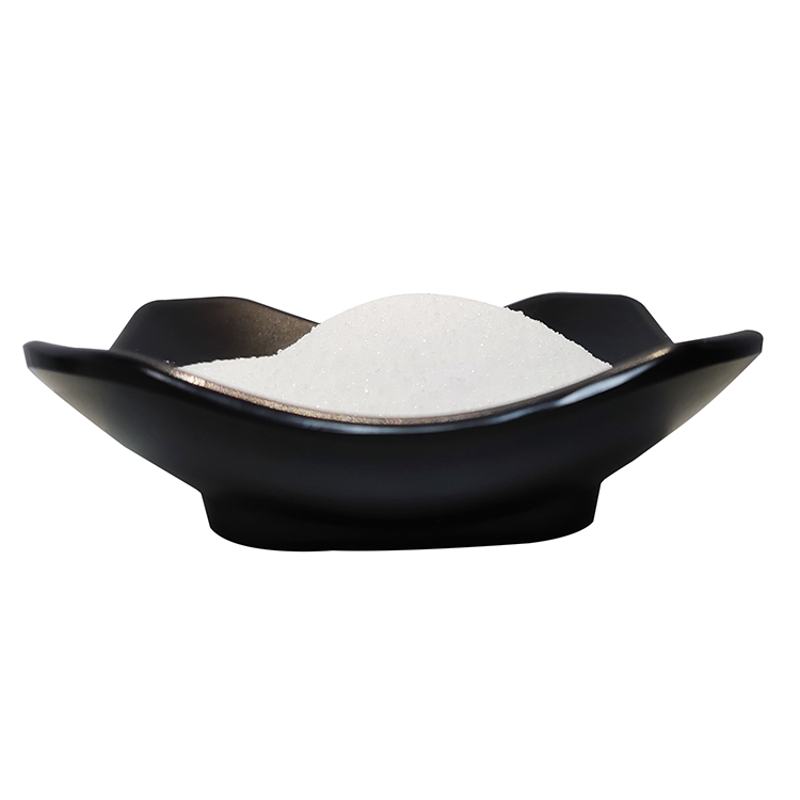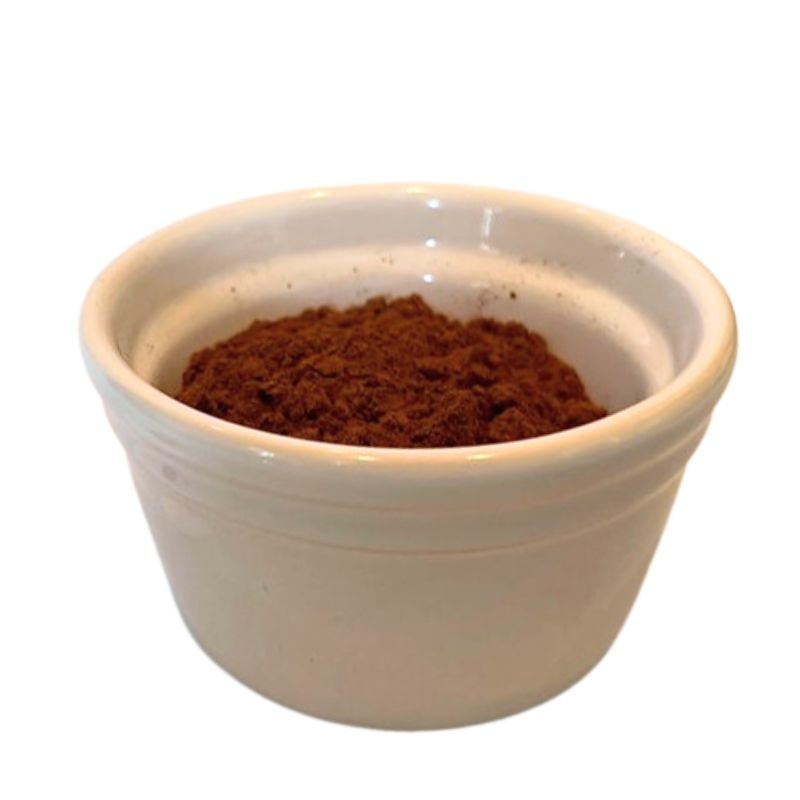-
Categories
-
Pharmaceutical Intermediates
-
Active Pharmaceutical Ingredients
-
Food Additives
- Industrial Coatings
- Agrochemicals
- Dyes and Pigments
- Surfactant
- Flavors and Fragrances
- Chemical Reagents
- Catalyst and Auxiliary
- Natural Products
- Inorganic Chemistry
-
Organic Chemistry
-
Biochemical Engineering
- Analytical Chemistry
-
Cosmetic Ingredient
- Water Treatment Chemical
-
Pharmaceutical Intermediates
Promotion
ECHEMI Mall
Wholesale
Weekly Price
Exhibition
News
-
Trade Service
As China's aging trend continues to intensify and the main risk factors for cancer continue to change, the incidence and mortality of cancer in China continue to increase
Surveys show that 57% of cancer patients in China suffer from moderate to severe malnutrition, especially in gastrointestinal tumors.
A study conducted in Canada and Europe on the association of body mass index (BMI) and BMI with survival in cancer patients established diagnostic criteria for cancer-related weight loss
Li Rongrong, deputy chief physician of the Clinical Nutrition Department of Peking Union Medical College Hospital, said that nutritional risks and malnutrition can lead to reduced treatment effects and reduced quality of life
Clinical nutritional support is of great significance to cancer patients
According to Cong Minghua, the "Practice Guidelines for Nutritional Therapy for Cancer Patients 2021" issued by the European Society for Clinical Nutrition and Metabolism (ESPEN) proposes regular assessment of nutrient intake, weight changes and BMI, starting from tumor diagnosis and repeating according to the stability of the clinical situation.
Loss of appetite is also one of the reasons for malnutrition in cancer patients
"Insufficient nutrient intake caused by loss of appetite will cause a decrease in whole blood cells, making it difficult for patients to carry out effective treatment
In terms of dietary care, Li Zengning suggested to choose to eat more food at a time when the patient is more comfortable, such as before chemotherapy or between two treatments; eat less frequently (a small amount of food can be eaten every 1-2 hours), and three meals should not be too full.
For patients with abnormal sense of taste or smell, Li Zengning suggested to try to choose foods that make patients feel full of color, flavor, and taste; other protein-rich foods can be used to replace meat to avoid fishy smell, such as eggs, soy products, milk and other foods.
(Wang Jiayi)
"China Food News" (03 edition on August 10, 2022)
(Editor-in-charge: Han Songyan)







